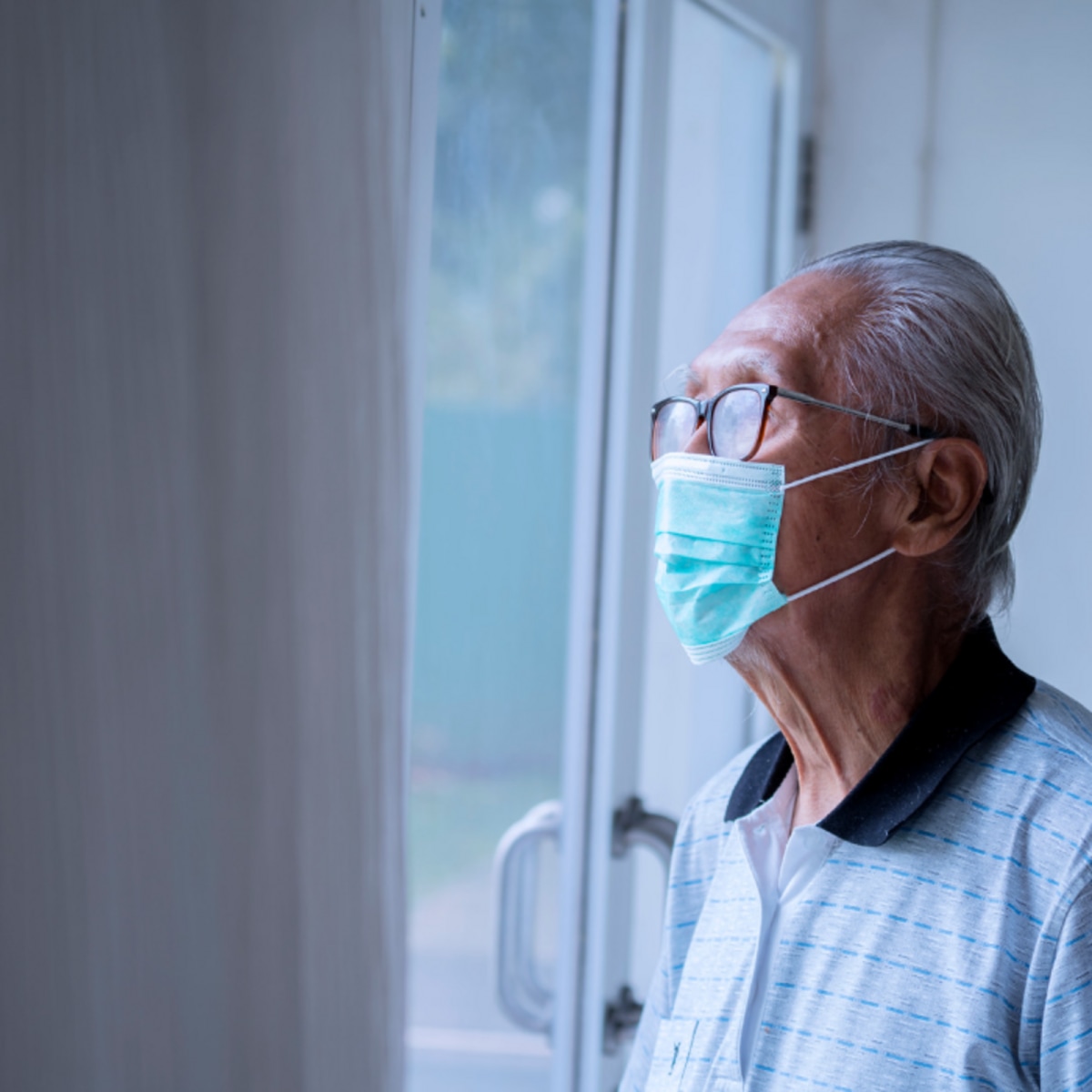
Science Shows Masks Work
Did You Hear About That Study Saying Masks Aren’t Effective Against COVID-19? Here are some good reasons not to take it at face value.
May 10, 2023
Masks are good! Masks are no good! You’ve heard the back-and-forth among friends, pundits and scientists alike. Fact is, anytime science and politics or other subjects get mixed up together, it can cause all kinds of problems. Just ask Galileo. He got into controversial territory when he posited that the earth revolved around the sun, instead of the other way around.
In more recent times, the results of a study of mask efficacy were published by a respected biomedical journal and simultaneously received a good deal of publicity in the mainstream press and other outlets. Many times the headlines suggested the study proved the ineffectiveness of masks against COVID-19, but as is so often the case, there’s more than meets the eye—or in this case—the face.
The study results appeared in the Cochrane Database of Systematic Reviews. Many were surprised by the findings, but as you dig deeper—as in many things in life—it’s not quite as simple or accurate to say “masks don’t work.”
The first nuance to remember is that “masks” is often the term used to generically refer to both surgical masks and respirators. This in itself is problematic. Surgical masks do have the ability to prevent airborne droplets from reaching the nose or mouth (if worn properly) but certainly there are often gaps on the sides that do not prevent airborne droplets from reaching the nose or mouth. There’s no accounting for whether the masks were being worn properly. Poorly fitting masks will—of course—perform poorly.
Another factor to be considered when looking at the study is the fact that materials used in surgical masks can vary widely as well (another reason to insist on American-sourced materials and manufacturing for consistency and quality). For this reason alone—it’s flawed to place all surgical masks in the same category. The fact is—quality matters—and no such differentiation was accounted for in this study.
As trusted suppliers for medical and industrial professionals, here at SafeSource Direct, we know that those who depend on our products are also trained to use them properly. The study, however, did not look at just those properly trained in the correct fitting and wearing of masks; it was far more general in nature and looked at those trained and untrained in proper mask wearing.
The Cochrane Study has also come under criticism because it combined studies where people wore masks or respirators infrequently with those where they were worn all the time. Think about that for a moment—can you really make a judgment on the effectiveness of masks when some of the subjects in your study wear masks “some of the time?”
But here’s the biggest elephant in the room—as mentioned earlier, saying “masks” are not effective unintentionally indicts respirators as well since many people think of them as masks. The fact is, respirators are far superior to masks in prevention of the transmission of COVID-19 when properly fitted and worn. Wearing respirators—especially in indoor public settings—does reduce the risk of contracting COVID-19.
Bottom line—masks and especially respirators are effective in reducing the transmission of COVID-19. But like any other protective equipment—it’s key to make sure they are properly fitted and worn. So remember to always be diligent about how any PPE is worn and just as importantly—be diligent in digging beyond the headlines of stories you may encounter in the media.
